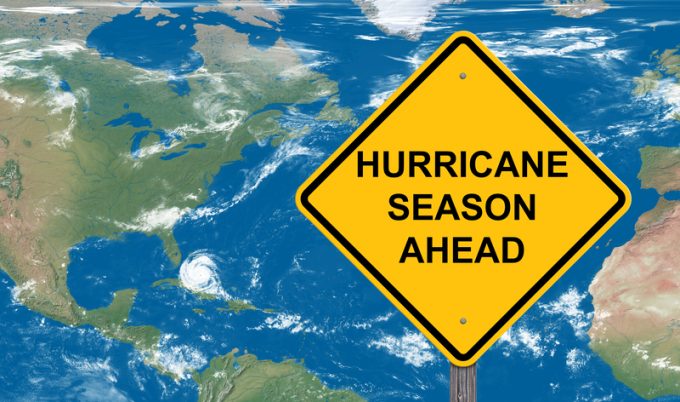As tariffs loom, air freight forwarders ponder the chances of a happy new year
As they ponder the prospects for 2025, freight forwarders in the US can look back ...

Forwarders are growing increasingly concerned over the wave of storms battering the southern US states, as fears of long-lasting fallout from last week’s port strike recede.
Dockers agreed to suspend the strike for new negotiations, but the three-day action on the east and Gulf coasts led ...

Comment on this article